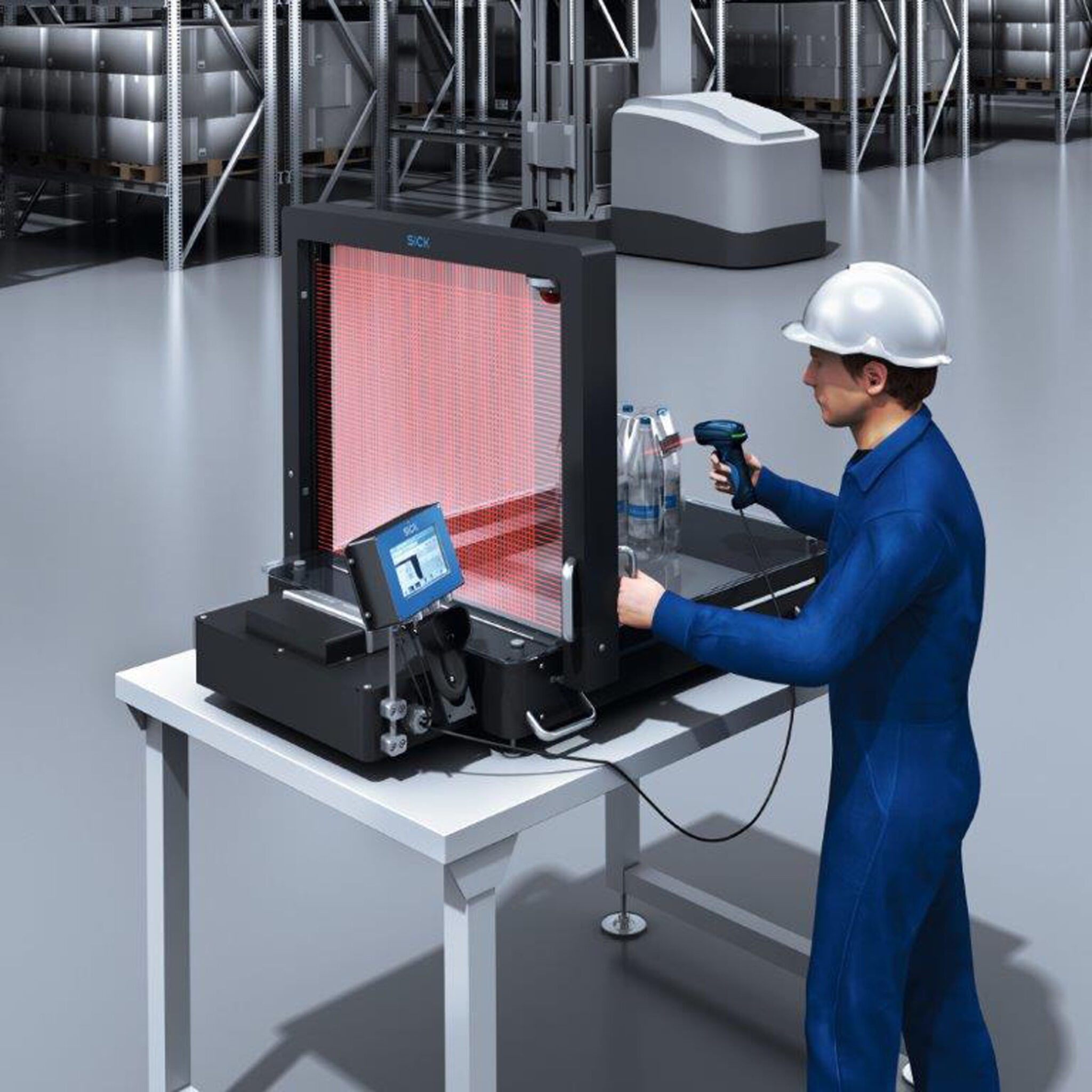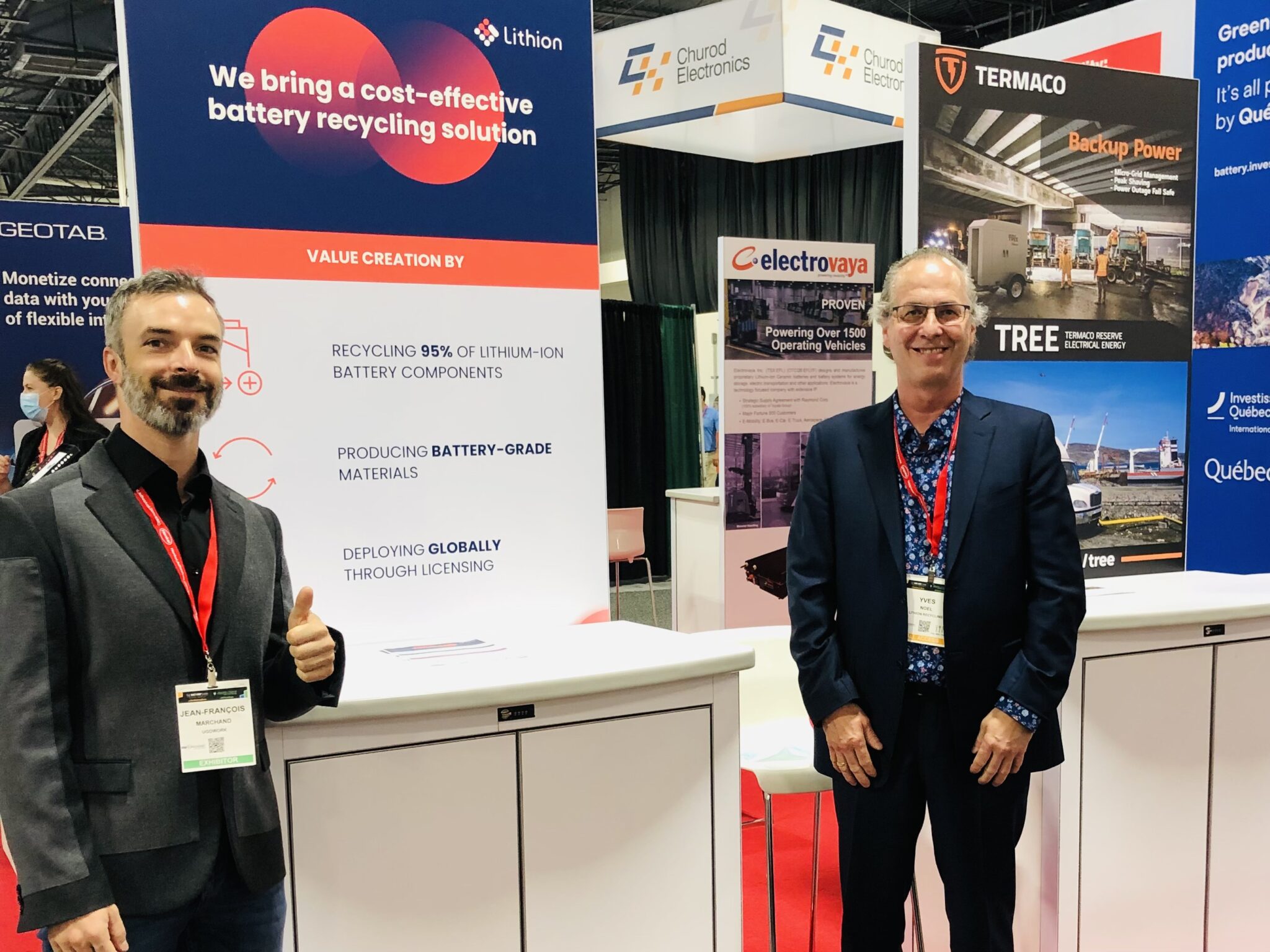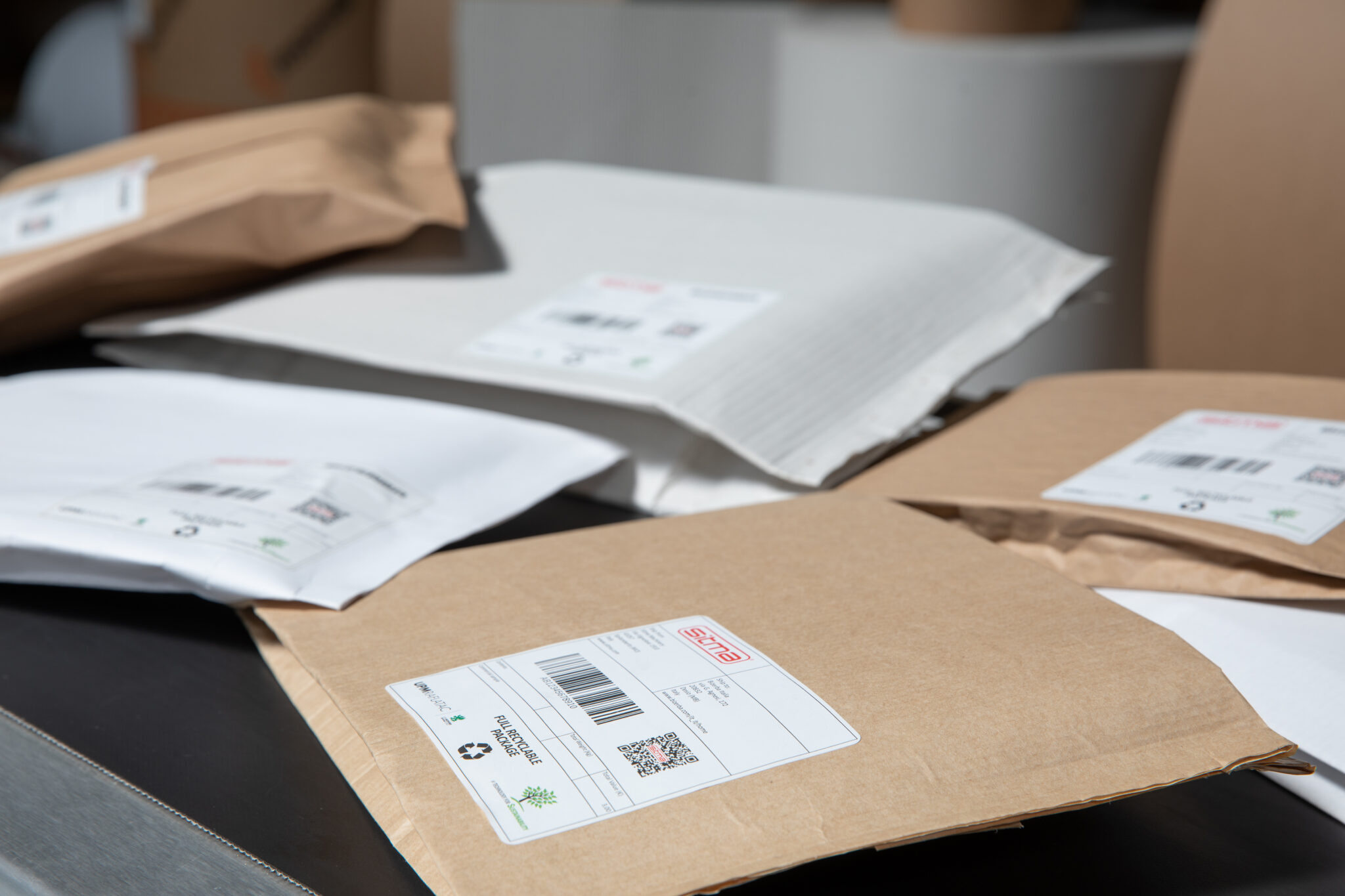A simple-to-use track-and-trace system that collects measurements and images of incoming stock or packaged goods and turns them into valuable Master Data is being launched in the UK by sensor manufacturer SICK with a free trial offer.
The SICK Master Data Analyzer is already deployed at hundreds of retail logistics hubs worldwide capturing 100,000s of products every hour. Now UK operators are being given their first opportunity to see for themselves how easily the system records and integrates data into warehouse management and ERP systems.
The SICK Master Data Analyzer is a Dimensioning, Weighing and Scanning (DWS) system with the option of associated image capture, supplied as an all-in-one static or mobile operator station. It promises significant returns on investment through more consistent track and trace of products, reduced packaging sizes, and space-saving efficiencies both during storage, and when loading goods for onward transportation.
Threats to Cost-Efficiency
“The greatest threat to both cost-efficiency and environmental performance in logistics, comes from storing or shipping fresh air because packages are oversized, or because they are stacked in bays or packed into transport inefficiently,” says Mark Harris, SICK’s UK product manager for Systems & Auto Ident. “Equally, the danger of the wrong, or incomplete, products reaching a customer can mount up to significant cost through returns or customer penalties.
“Not only does the SICK Master Data Analyzer provide the data building blocks to eliminate these inefficiencies, it has also been shown to increase operator capacity by more than 20%. A study conducted with one major international retailer demonstrated a significantly reduced cycle time in inputting data of a wide range of Stock Keeping Units (SKUs) entering the customer’s facilities.”
Unpack, set-up and connect the SICK Master Data Analyser to begin capturing the weight, length, width, height, image and the bar code of goods or packages in a single step. The trolley-mounted mobile version is powered by a rechargeable battery and transmits data via WLAN so it can be moved to the best location for efficient input of data.
Simple to Operate
Simply place the item to be measured on the toughened glass weighing plate and use the hand-held scanner to read the barcode. Slide the Measuring Light Grid (MLG) frame across the object in either direction to reliably capture the dimensions. A consistently stable measurement is produced whatever the shape of the object, and even if it has a highly reflective surface, such as a foil.
The system then merges the barcode, dimensions and weight into a single data string which is output immediately in a format that can be imported into any management software, such as an Enterprise Resource Planning (ERP) system.
The SICK Master Data Analyzer can also be supplied with an IP Camera so that an image of the product can be associated directly with the object’s barcode, part number, or European Article Number. A correlating physical image of each SKU or package is saved in the system, enabling the shipper to check back to verify that the correct item was delivered, and identify any in-transit tampering or damage.
The SICK Master Data Analyzer has a volume measurement accuracy of 2.5 x 2.5 x 2.5mm and weight determination with an accuracy of ±5g and can work to a maximum objects size of 800 x 600 x 600mm.
Free Trial
“Recording basic data accurately, consistently and quickly is the starting point of any efficient warehouse or logistics operation. Armed with these valuable Master Data building blocks, operators are better equipped to drive logistics processes more efficiently and save costs,” Mark Harris continues.
“That’s why we are offering a one-week trial to any operator on a first come first served basis. We want customers to see for themselves how easy it is to start collecting Master Data. Whether you use one unit, or many across a site, we are confident you will begin to make cost and storage savings immediately.”







